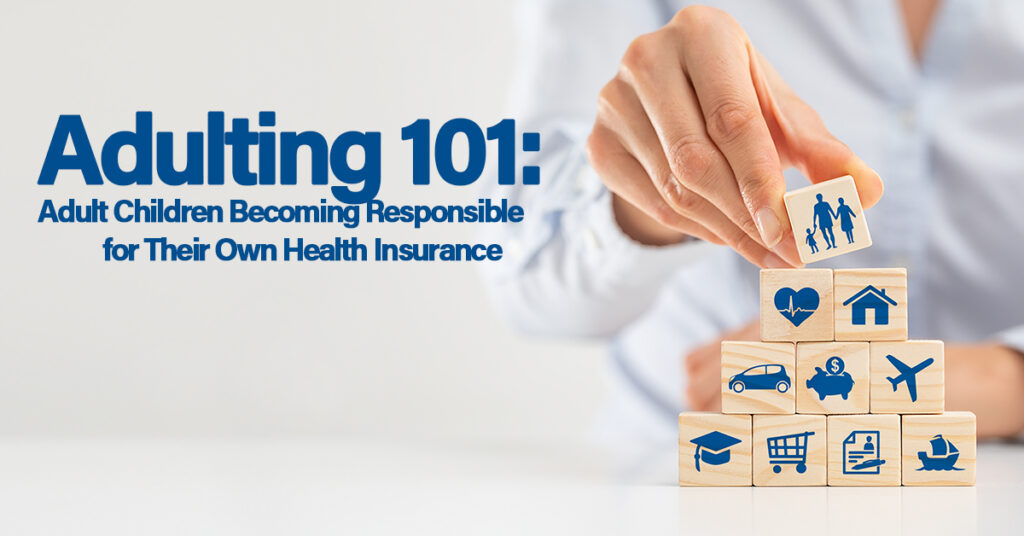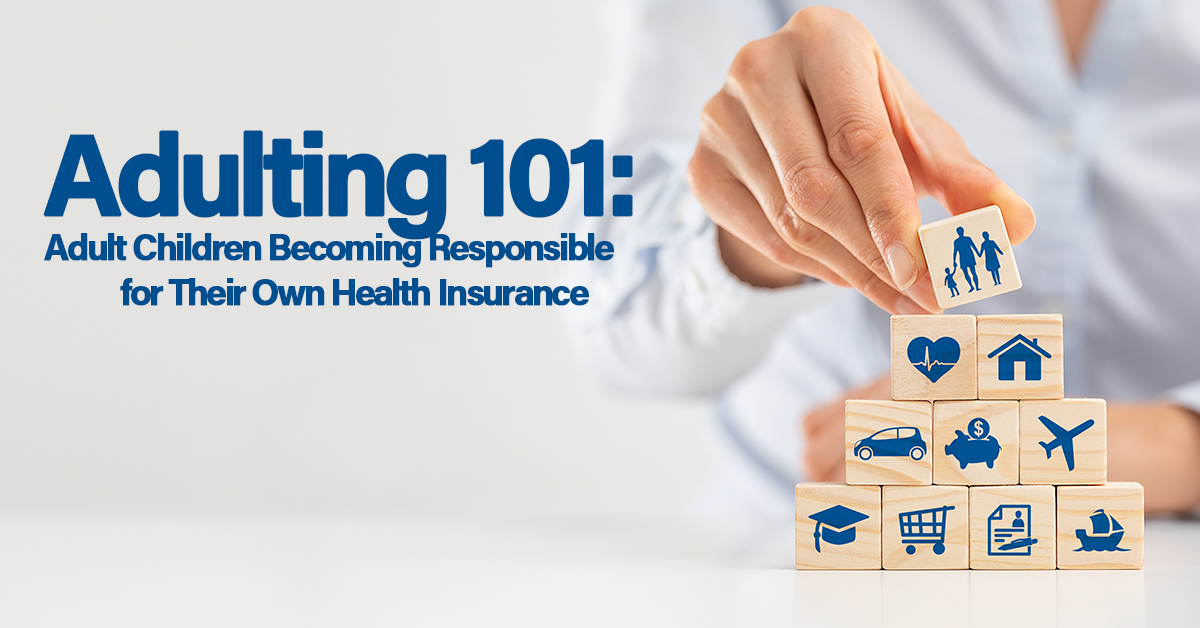
Navigating the Labyrinth: A Comprehensive Guide to Responsible Adulting
The term “responsible adulting” often evokes a mixture of dread and aspiration. It’s the unspoken contract we make with ourselves and society to handle life’s complexities with competence and grace. But what does responsible adulting actually entail in the 21st century? This isn’t your grandmother’s guide to etiquette; it’s a pragmatic exploration of the skills, mindsets, and actions needed to thrive as a fully functional, contributing member of society. This guide aims to dissect the multifaceted nature of responsible adulting, providing actionable insights and strategies for mastering its various components. From financial literacy and career management to emotional intelligence and relationship navigation, we’ll delve into the core competencies that define a well-adjusted and responsible adult.
Understanding the Core Pillars of Responsible Adulting
Responsible adulting isn’t a single, monolithic entity; it’s a collection of interconnected skills and behaviors. Let’s break down some of the key pillars:
- Financial Literacy: Managing money effectively is paramount. This includes budgeting, saving, investing, understanding debt, and planning for retirement. Without financial literacy, even the most well-intentioned efforts can be undermined.
- Career Management: This goes beyond simply having a job. It involves actively planning your career path, developing relevant skills, networking, and adapting to the ever-changing job market.
- Health and Wellness: Taking care of your physical and mental health is crucial. This includes regular exercise, a balanced diet, sufficient sleep, stress management techniques, and seeking professional help when needed.
- Relationship Management: Building and maintaining healthy relationships – with family, friends, romantic partners, and colleagues – is essential for overall well-being. This requires communication, empathy, and conflict resolution skills.
- Household Management: This encompasses the practical tasks of running a household, such as cleaning, cooking, laundry, and basic home repairs.
- Civic Responsibility: Being an engaged and responsible citizen involves understanding your rights and responsibilities, participating in the democratic process, and contributing to your community.
Financial Literacy: Mastering the Art of Money Management
Perhaps the most daunting aspect of responsible adulting is managing finances. Many young adults enter the workforce with little to no formal financial education. This can lead to poor financial decisions, such as accumulating excessive debt, failing to save for emergencies, and neglecting long-term financial planning.
Budgeting Basics
Creating a budget is the first step towards financial control. Track your income and expenses to understand where your money is going. Use budgeting apps, spreadsheets, or even a simple notebook to monitor your spending. The key is to be honest with yourself about your spending habits.
Saving and Investing
Saving for the future is crucial for financial security. Start by building an emergency fund to cover unexpected expenses. Then, explore investment options to grow your wealth over time. Consider investing in stocks, bonds, mutual funds, or real estate. Seek professional advice from a financial advisor to determine the best investment strategy for your individual circumstances. Responsible adulting includes planning for the future.
Debt Management
Debt can be a significant burden, especially if it’s not managed effectively. Prioritize paying off high-interest debt, such as credit card debt, as quickly as possible. Consider consolidating debt or negotiating lower interest rates. Avoid taking on unnecessary debt. [See also: Credit Score Management: A Comprehensive Guide]
Career Management: Navigating the Professional Landscape
Your career is more than just a job; it’s a significant part of your identity and a source of income. Responsible adulting involves actively managing your career to achieve your professional goals.
Skills Development
The job market is constantly evolving, so it’s essential to continuously develop your skills. Identify the skills that are in demand in your industry and invest in training and education to acquire those skills. Consider taking online courses, attending workshops, or pursuing advanced degrees. Learning new skills is a key component of responsible adulting.
Networking
Building a professional network can open doors to new opportunities. Attend industry events, join professional organizations, and connect with people online. Networking is about building relationships, not just collecting business cards. A strong network is invaluable for career advancement.
Adapting to Change
The modern workplace is characterized by constant change. Be prepared to adapt to new technologies, new processes, and new roles. Embrace change as an opportunity for growth and development. Responsible adulting means being resilient and adaptable in the face of adversity.
Health and Wellness: Prioritizing Your Well-being
Responsible adulting extends beyond financial and career success; it also encompasses taking care of your physical and mental health. Neglecting your well-being can have serious consequences for your overall quality of life.
Physical Health
Make time for regular exercise, even if it’s just a short walk each day. Eat a balanced diet that is rich in fruits, vegetables, and whole grains. Get enough sleep. Schedule regular checkups with your doctor and dentist. Preventative care is essential for maintaining good health.
Mental Health
Mental health is just as important as physical health. Practice stress management techniques, such as meditation or yoga. Seek professional help if you are struggling with anxiety, depression, or other mental health issues. Prioritizing your mental health is a sign of strength, not weakness. Responsible adulting means acknowledging and addressing mental health concerns.
Relationship Management: Cultivating Meaningful Connections
Humans are social creatures, and healthy relationships are essential for our well-being. Responsible adulting involves building and maintaining strong relationships with family, friends, romantic partners, and colleagues.
Communication
Effective communication is the foundation of any healthy relationship. Learn to express your thoughts and feelings clearly and respectfully. Listen actively to others and try to understand their perspectives. Avoid making assumptions and seek clarification when needed. Open and honest communication is key.
Empathy
Empathy is the ability to understand and share the feelings of others. Put yourself in other people’s shoes and try to see things from their point of view. Empathy fosters compassion and strengthens relationships. Showing empathy is a crucial aspect of responsible adulting.
Conflict Resolution
Conflicts are inevitable in any relationship. Learn to resolve conflicts in a constructive manner. Avoid personal attacks and focus on finding solutions that are mutually beneficial. Compromise is often necessary for resolving conflicts effectively. Learning to navigate conflict is a sign of maturity and responsible adulting.
Household Management: Maintaining a Functional Living Space
Responsible adulting also involves taking care of your living space. This includes cleaning, cooking, laundry, and basic home repairs. While these tasks may seem mundane, they are essential for maintaining a comfortable and functional living environment.
Cleaning
Establish a regular cleaning schedule to keep your home tidy. Clean regularly to prevent the build-up of dirt, dust, and clutter. A clean home is a more pleasant and healthy place to live. Maintaining a clean living space is a mark of responsible adulting.
Cooking
Learning to cook is a valuable life skill. Cooking your own meals is often healthier and more affordable than eating out. Experiment with different recipes and find dishes that you enjoy. Cooking at home can also be a relaxing and creative outlet.
Basic Home Repairs
Learn basic home repair skills, such as changing a light bulb, unclogging a drain, or patching a hole in the wall. Knowing how to handle these minor repairs can save you money and time. Responsible adulting often requires basic handyman skills.
Civic Responsibility: Contributing to Your Community
Responsible adulting extends beyond personal responsibilities; it also involves being an engaged and responsible citizen. This includes understanding your rights and responsibilities, participating in the democratic process, and contributing to your community.
Voting
Voting is one of the most important civic duties. Educate yourself about the candidates and issues and vote in local, state, and national elections. Your vote matters and can make a difference in shaping the future of your community and country. Exercising your right to vote is a core tenet of responsible adulting.
Community Involvement
Get involved in your community by volunteering your time, donating to charitable organizations, or participating in local events. Contributing to your community can be a rewarding experience and can help make a positive impact on the lives of others. Responsible adulting includes giving back to the community.
Staying Informed
Stay informed about current events and issues. Read reputable news sources and be critical of the information you consume. Understanding the world around you is essential for making informed decisions and being an engaged citizen. Being well-informed is a sign of responsible adulting.
Conclusion: Embracing the Journey of Responsible Adulting
Responsible adulting is a lifelong journey, not a destination. There will be challenges and setbacks along the way, but it’s important to learn from your mistakes and keep moving forward. Embrace the responsibilities that come with adulthood and strive to become a well-rounded, contributing member of society. Remember, responsible adulting isn’t about being perfect; it’s about making conscious choices and taking ownership of your life. Embrace the journey and strive to become the best version of yourself. With dedication and effort, anyone can master the art of responsible adulting and thrive in the complex world we live in.

